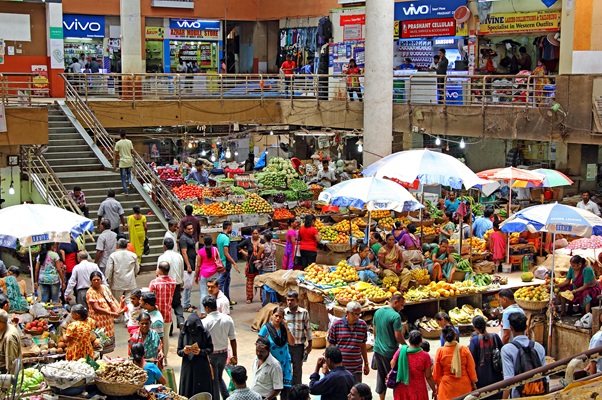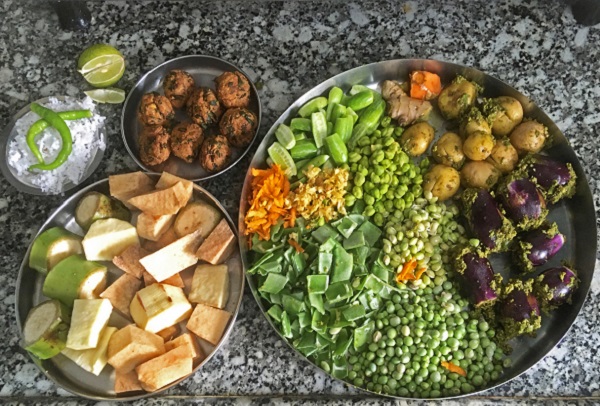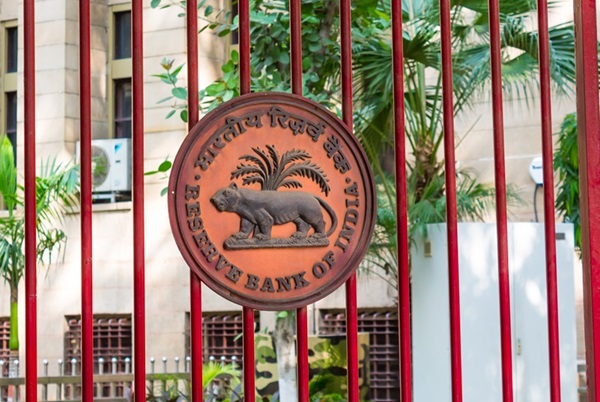.png)
Sarci-Sense: The India that still lights up, still believes
The festival season has begun, and India glows again — more so because we choose to believe. Hope, here is not decoration, it is life.
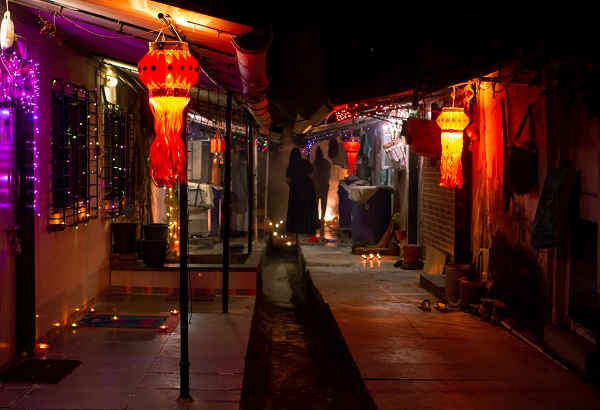
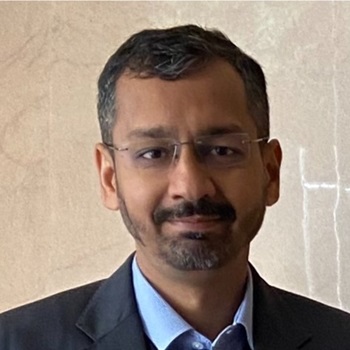
Dr. Srinath Sridharan is a Corporate Advisor & Independent Director on Corporate Boards. He is the author of ‘Family and Dhanda’.
October 19, 2025 at 8:45 AM IST
It is Diwali week, and India is dressed in light.
Cities have started shimmering with lamps, the air smells of sweets and smoke, and even the most cynical among us can’t resist pausing to look. WhatsApp groups are overflowing with emojis, homes are being scrubbed clean, and balconies are rehearsing for their annual show of faith. For a few days each year, our restless country stops running and starts glowing.
The festive season has begun — weddings, holidays, long drives, reunions, all lined up like fairy lights waiting to be switched on. We know the script by heart: the traffic, the gifts, the laughter, the selfies, the exhaustion. Yet we return to it every year, as if the act of celebration itself is our proof of survival. Because it is.
We clean, we decorate, we forgive, we spend, not because life has been kind, but because we want to stay kind. Diwali is not about the absence of darkness. It is about defying it. The lamps we light are small, sometimes faint, but they are stubborn. They are our way of saying that despair may visit, but it will not stay.
Every Diwali, we tell ourselves light wins over darkness. But light and darkness don’t take turns. They live side by side. The same city that lights up for celebration also holds its hungry, its lonely, its forgotten. The true grace of this festival is not that it erases pain — it notices it, and still chooses to glow.
Walk through any Indian street this week and you’ll see it everywhere — the quiet resilience that keeps this country stitched together. The grandmother who lights her lamps through arthritic pain. The delivery boy who pauses to light one diya before his shift. The family who celebrates modestly, but with laughter louder than the fireworks they can’t get. The aunt who feeds her watchman first, the teacher who brings sweets for her students, the neighbour who shares her extra candles when your power goes out. These are the pulse of a nation that refuses to let the light go out. A society that celebrates resilience, despite the differences within.
From luxury penthouses to tier-three house doors, the lamps shine unevenly. Some glow with designer oil lamps, others with borrowed candles. Yet the instinct behind them is the same — the need to claim light, however little, as our own. Diwali, in its quiet way, equalises us for one evening. For a moment, everyone believes their light matters.
We often say Diwali has become commercial. That it’s just sales and shopping and photo filters. And maybe that’s true. But beneath the noise, something ancient still breathes. The rituals survive because the instinct behind them survives — the belief that no matter how weary we are, celebration is possible. The lamp becomes a promise that we will still show up for life, and for each other.
It takes effort to celebrate after a hard year. To dress up when your heart is tired, to smile when the news feels heavy, to buy sweets when prices pinch. But we do it anyway. Every diya lit after a setback is a statement: We are still here.
This week, India glows not because everything is fine, but because everything isn’t.
The news bruises.
The world feels meaner.
And yet, the lights come on. In small towns and large cities, in cramped homes and high-rises, people still take the trouble to illuminate what little they can. Hope here is not a luxury. It is a labour. Symbol of love and sense of determination.
There is another India beneath all the glitter and noise. It does not trend. It does not hashtag. But it holds us up quietly. You can see it in the rickshaw driver who hands a sweet to a child at the signal. In the shopkeeper who gives a small discount to a worried customer. In the nurse who lights a diya in the hospital corridor before returning to her shift. This is the India that still believes, in decency. With abundant grace.
Diwali, for all its ritual, is not bound by temple bells or the walls we put up. The belief it carries is older than doctrine — the faith that tomorrow is worth trying for. You can call it culture, habit, or stubbornness. But every year, millions of Indians practise spirituality without sermons. We light the lamp because we believe in beginning again.
We may argue endlessly, vote bitterly, and despair often. But when the lamps are lit, something softer awakens. For a few hours, we remember that we are a civilisation built on ritual, rhythm, and renewal. Every lamp is a reminder of how faith endures, not as dogma, but as instinct.
And this faith is not abstract. It’s practical, tangible, visible in the smallest acts. In a nation obsessed with being seen, Diwali reminds us to see each other again. The people who make the sweets, deliver the parcels, sweep the streets, guard the gates. The ones who make celebration possible, yet go unseen in its light. Maybe this year, we could share a little of the glow — a greeting, a smile, a small kindness that travels further than any sparkler.
Maybe that is what Diwali really celebrates. Not the victory of light over darkness, but the decision to keep lighting anyway. Every year, in millions of homes, people repeat this act without instruction, without assurance, without certainty — and that repetition itself is a kind of genius. We may have different gods and beliefs, but we share the same choreography of hope.
Our faith may be frayed, but it still lights the way home. Every diya you see this week is proof that we are not done believing.
And there’s something beautiful in that ordinariness. We don’t need perfection to feel blessed. A shared meal, a kind word, a single lamp in a small home — it’s enough. In
So tonight, when you light your diya, pause before you post it. Think of the invisible India around you — the one that doesn’t need validation, only the satisfaction of having shown up once more for goodness. Because the truth is this: India glows every Diwali not because everything works, but because something still does — the human heart, still capable of kindness, still capable of awe.
The oil lamps outside your window will burn out by morning. The light within you must not.
Wish you and your loved ones a bright and peaceful Deepavali.
